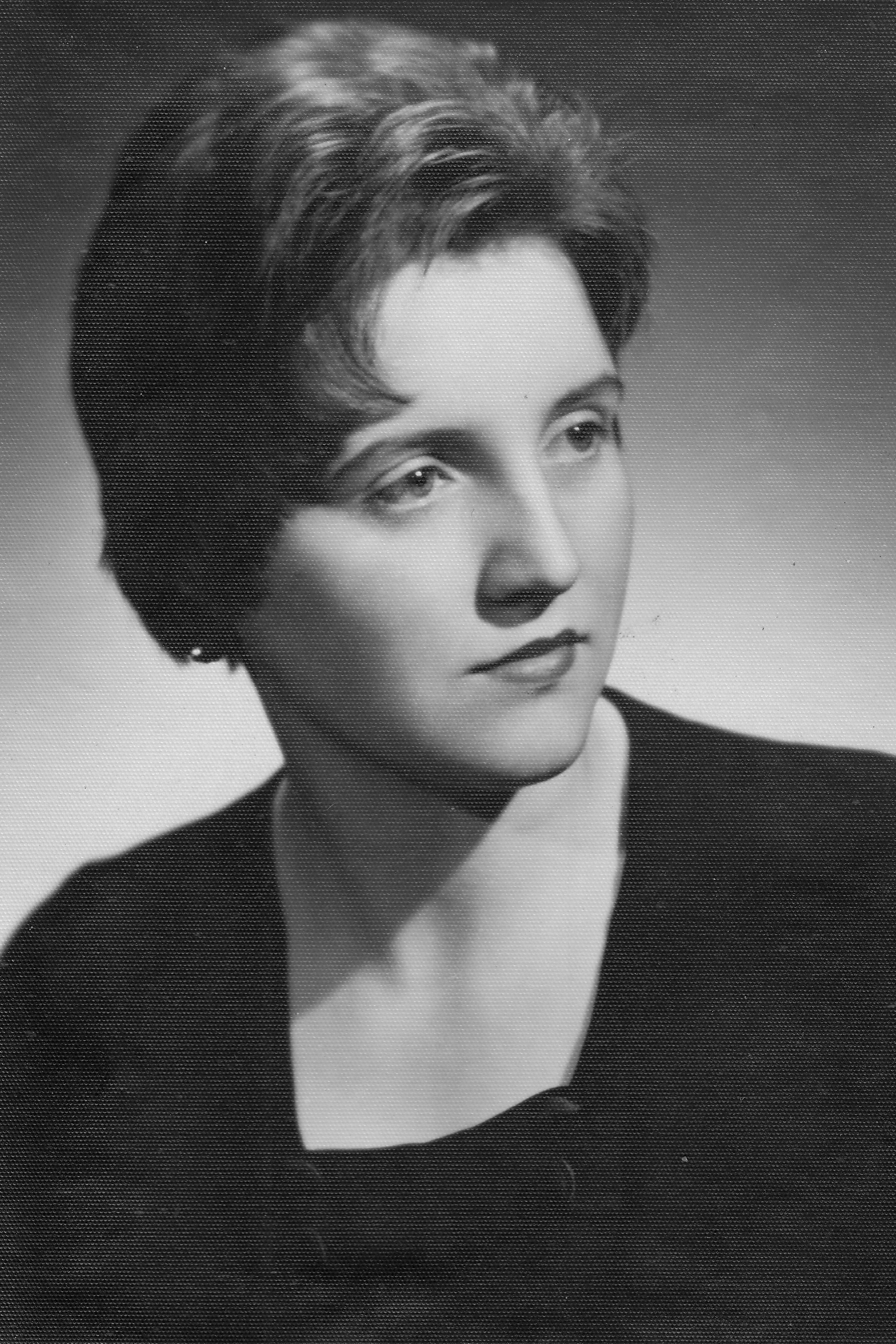The old miller family of Skála was not broken by the Nazis or the Communists

Download image
Věra Flanderková, née Skálová, was born on 30 June 1941 in Mladá Boleslav. She was born into the important milling family of Skála, who worked at the Podsemínský mill on the Žehrovka River since 1821. In 1942, her sister Ludmila was born. Her mother, Věra Skálová, née Pazderníková, came from a large farm in nearby Malá Lhota. During the war, her father, Jaroslav Skála, brought food to hidden people in the area. Her mother’s sister, Marie Hieková, ended up in the Ravensbrück concentration camp because her husband, František Hieke, was persecuted by the Gestapo for resistance activities. After the war, the family reunited. František Hieke ended up in a communist prison in the 1950s, and the farm in Malá Lhota was confiscated as part of collectivization. The family of her father’s sister, Lidmila Vojanová, was also persecuted by the communist regime. The mill in Podsemín was officially stopped by the communists in 1951. The Skála parents worked hard in the unified agricultural cooperatives. After finishing high school, Věra Skálová started working in a food processing factory. In 1962 she married Miroslav Flanderka, and a year later, they moved to Ústí nad Labem. They were not interested in politics. In 1970 their son Miroslav was born. They spent most of their free time in Podsemín, where they moved for retirement in the 1990s. After 25 years, Věra Flanderková was widowed. In 2023 she lived alone in the mill.






















